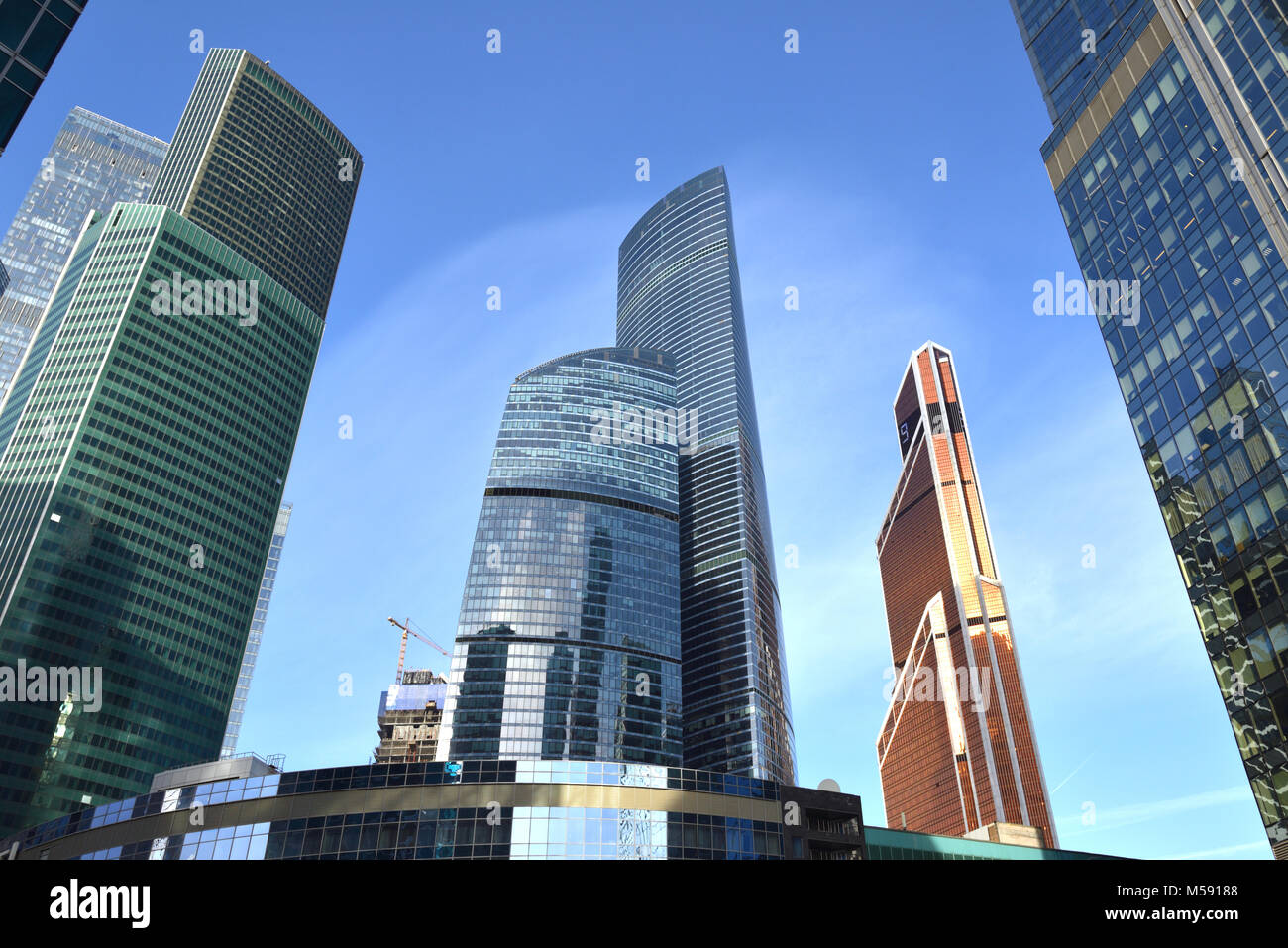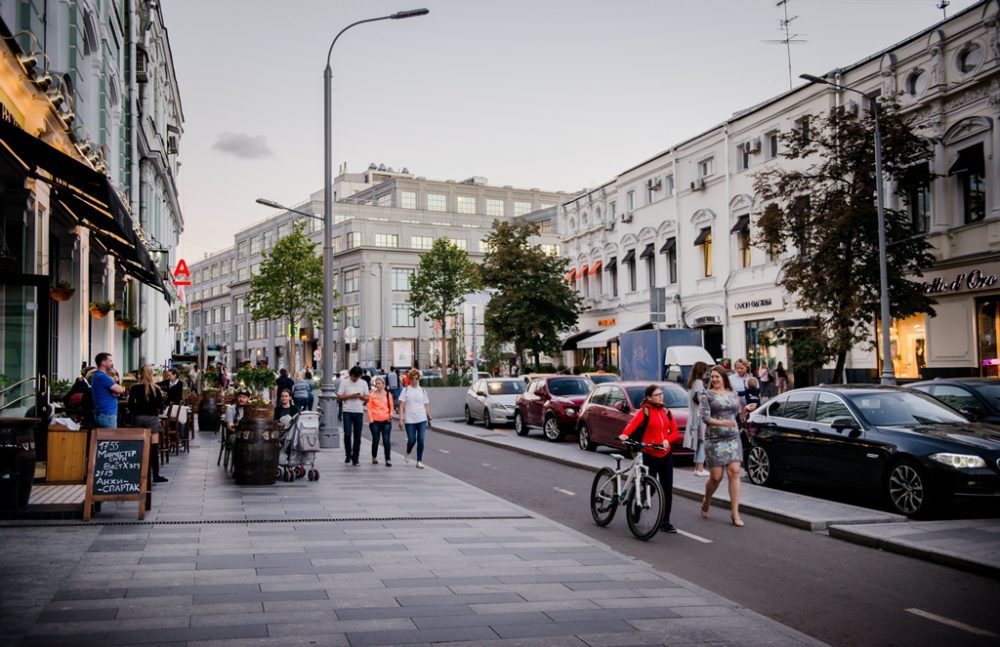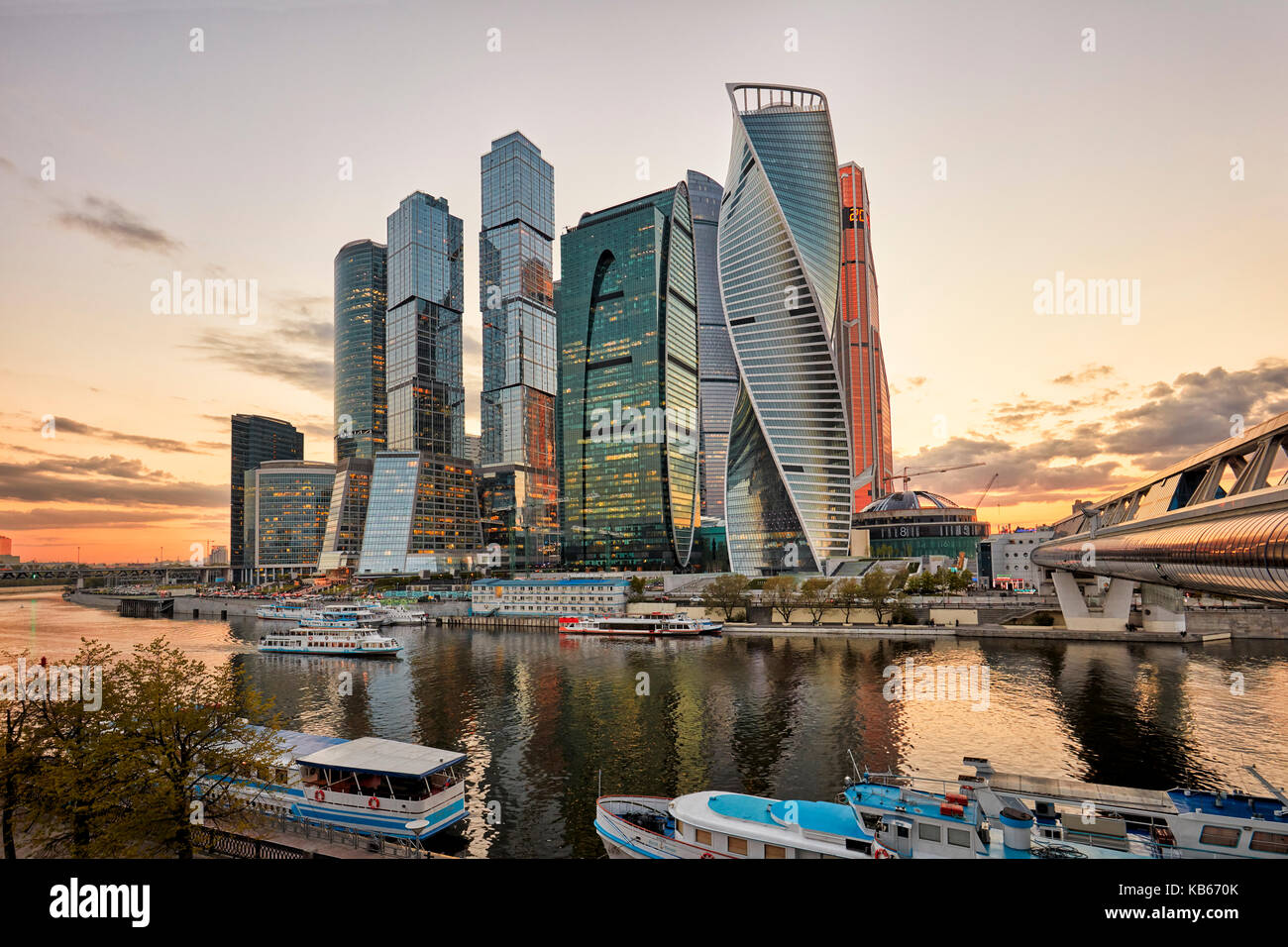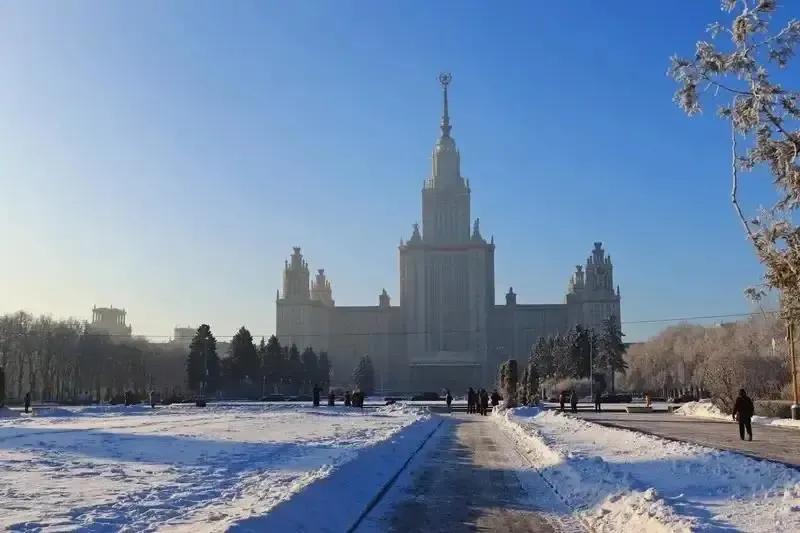Moscow: A Global Hub at the Heart of Eurasia
Related Articles: Moscow: A Global Hub at the Heart of Eurasia
Introduction
With great pleasure, we will explore the intriguing topic related to Moscow: A Global Hub at the Heart of Eurasia. Let’s weave interesting information and offer fresh perspectives to the readers.
Table of Content
- 1 Related Articles: Moscow: A Global Hub at the Heart of Eurasia
- 2 Introduction
- 3 Moscow: A Global Hub at the Heart of Eurasia
- 3.1 Location and Geographic Context
- 3.2 Historical Significance
- 3.3 Modern Significance
- 3.4 FAQs about Moscow’s Location
- 3.5 Tips for Visiting Moscow
- 3.6 Conclusion
- 4 Closure
Moscow: A Global Hub at the Heart of Eurasia

Moscow, the capital of Russia, holds a prominent position on the world map, not only as a political and cultural center but also as a key player in global affairs. Understanding its geographical location is essential for appreciating its influence and understanding its historical and contemporary significance.
Location and Geographic Context
Moscow is situated in the heart of the East European Plain, specifically in the western part of Russia, approximately 400 kilometers (250 miles) south of St. Petersburg. Its precise coordinates are 55°45′N 37°37′E. This location places Moscow at a strategic crossroads, connecting Eastern Europe with Asia, and making it a vital hub for trade, transportation, and communication.
Key Geographic Features:
- The Moskva River: This river flows through the city, dividing it into two parts and serving as a vital source of water and transportation.
- The East European Plain: This vast plain stretches across Eastern Europe and Western Russia, providing fertile land for agriculture and facilitating the movement of people and goods.
- The Volga River: Though not directly flowing through Moscow, the Volga is Russia’s longest river and plays a crucial role in the country’s economic and transportation systems.
Historical Significance
Moscow’s location has played a pivotal role in shaping its history and influence. Its position on the East European Plain facilitated its rise as a major trading center during the medieval period. Its strategic importance grew further when it became the capital of the Grand Duchy of Moscow, eventually becoming the center of the Russian Empire.
Key Historical Events:
- The Mongol Invasion: The Mongol invasion of the 13th century significantly impacted Moscow’s development, but the city eventually emerged as a center of resistance and eventually became a unifying force in the region.
- The rise of the Russian Empire: Moscow’s strategic location, coupled with its growing political and economic power, allowed it to expand its influence and become the capital of the vast Russian Empire.
- The Soviet Era: Moscow became the capital of the Soviet Union, establishing itself as a global power and a center of communism.
Modern Significance
Today, Moscow remains a major global city, serving as the center of Russian politics, culture, and economy. It is home to numerous international organizations, including the United Nations, and is a major hub for international trade, finance, and tourism.
Key Modern Features:
- Economic Powerhouse: Moscow is the economic heart of Russia, with a thriving financial sector, numerous multinational corporations, and a robust manufacturing industry.
- Cultural Center: The city boasts a rich cultural heritage, with world-renowned museums, theaters, and art galleries, attracting tourists and artists from around the globe.
- Transportation Hub: Moscow is a major transportation hub, with a well-developed network of airports, railways, and roads, connecting it to other major cities in Russia and around the world.
FAQs about Moscow’s Location
1. What is the climate like in Moscow?
Moscow experiences a humid continental climate with cold winters and warm summers. The average temperature in January is -7°C (19°F), while the average temperature in July is 19°C (66°F).
2. Is Moscow safe for tourists?
Like any large city, Moscow has its share of crime, but it is generally considered safe for tourists, especially in the central areas. However, it is always advisable to take precautions and be aware of your surroundings.
3. What are some popular tourist attractions in Moscow?
Popular tourist attractions in Moscow include the Kremlin, Red Square, St. Basil’s Cathedral, the Bolshoi Theatre, and the Tretyakov Gallery.
4. What is the best time to visit Moscow?
The best time to visit Moscow is during the shoulder seasons (spring and autumn) when the weather is pleasant and the crowds are smaller.
5. What languages are spoken in Moscow?
The official language of Moscow is Russian. However, English is widely spoken in tourist areas and business settings.
Tips for Visiting Moscow
- Learn a few basic Russian phrases: This will help you navigate the city and interact with locals.
- Purchase a Moscow Card: This card provides access to numerous museums and attractions, offering significant savings.
- Take advantage of the public transportation system: The Moscow Metro is efficient, affordable, and an excellent way to explore the city.
- Be prepared for long lines: Popular attractions can be crowded, so be prepared to wait in line.
- Enjoy the local cuisine: Moscow offers a variety of delicious and affordable dining options, from traditional Russian dishes to international cuisine.
Conclusion
Moscow’s strategic location at the heart of Eurasia has shaped its history and continues to define its role in the world. It is a city of immense cultural and economic significance, serving as a bridge between Europe and Asia and a center of global influence. Whether you are interested in history, culture, or business, Moscow offers a unique and unforgettable experience.








Closure
Thus, we hope this article has provided valuable insights into Moscow: A Global Hub at the Heart of Eurasia. We appreciate your attention to our article. See you in our next article!